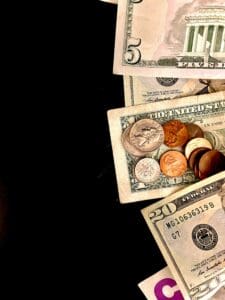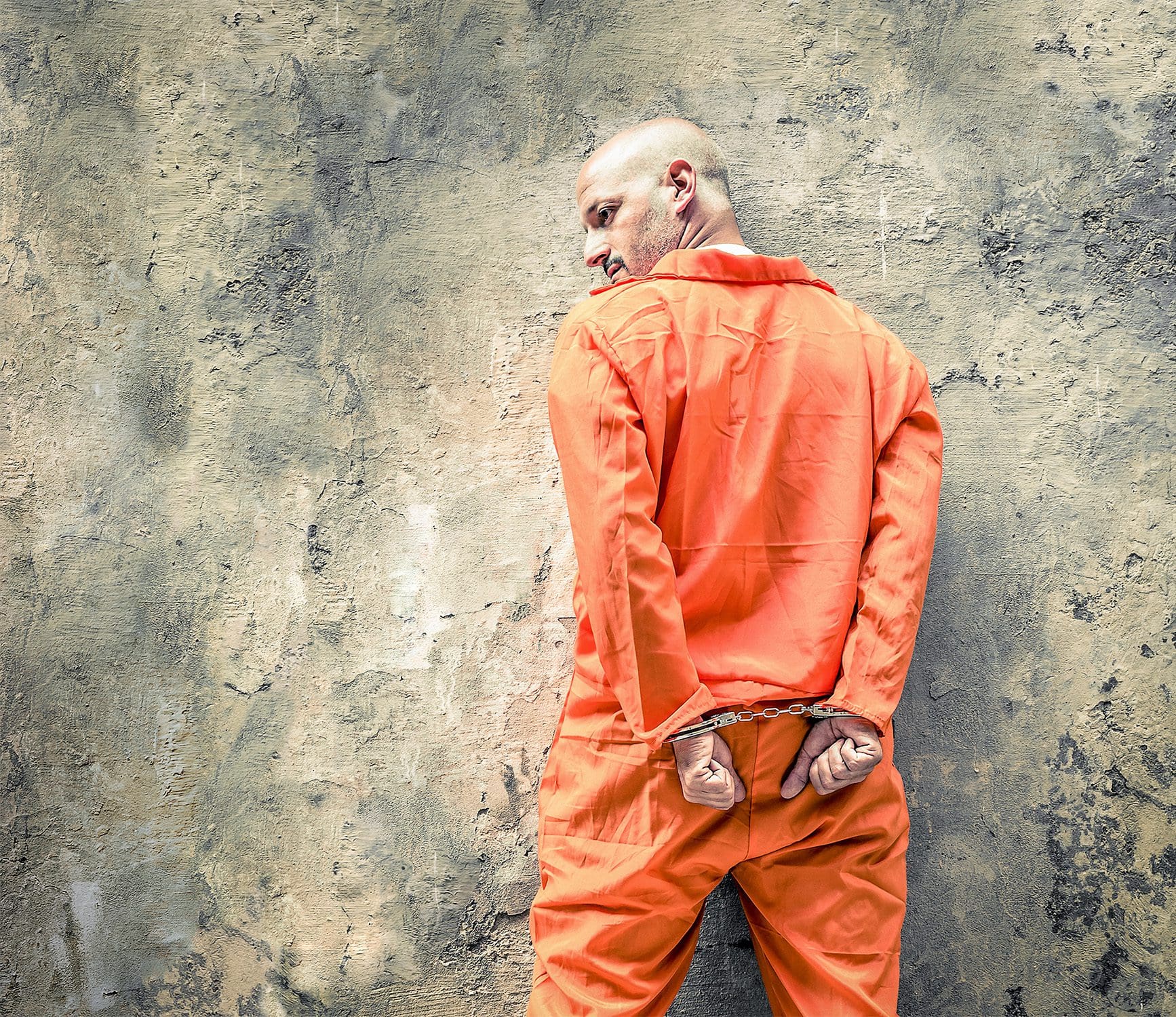By: Barnini Chakraborty, Senior Investigations Reporter
Former inmates who have paid their debt to society say they are still paying for their freedom — and that it is leading them into financial ruin.
All but two states in the United States have so-called “pay-to-stay” policies that make prisoners pay for their time behind bars. Some of the costly measures include expensive fees for medical costs. Supporters say the collections are a good way for states to recoup millions of dollars taxpayers spend on prisons and jails, while critics argue it’s an unfair practice that hinders rehabilitation by putting former inmates in debt for life.
Pay-to-stay laws were put into place in many areas during the 1980s and 1990s, said Brittany Friedman, an assistant professor of sociology at the University of Southern California.
As prison populations began ballooning during the tough-on-crime eras, policymakers were stumped on how to pay for rising incarceration costs.
“Instead of raising taxes, the solution was to shift the cost burden from the state and the taxpayers onto the incarcerated,” she said.
That meant saddling newly freed inmates with checks that at times hit the $500,000 mark or higher.
In Connecticut, the law allowed the state to charge prisoners $249 a day for the cost of their incarceration.
The bill for Teresa Beatty, who was behind bars for two and a half years on drug crimes, came out to $83,762.
Beatty is worried she will have to sell her mother’s home, which she inherited, to pay off her prison tab. She currently lives in the house alongside her two adult children, grandchild, and her disabled brother.
“I’m about to be homeless,” the 58-year-old said. “I just don’t think it’s right because I feel I already paid my debt to society. I just don’t think it’s fair for me to be paying twice.”
Connecticut adopted its pay-to-stay law in 1995. The law allowed the state to charge prisoners for the daily costs of their confinement and allowed the state to sue them in civil court to get the money. The bill was championed by Republican Gov. John Rowland and followed a template set out by Michigan in 1981. Soon, a slew of other states, including Florida and Illinois, followed suit.
Connecticut tweaked its statute this year and now only makes felons who have been convicted of the most serious crimes pay. It also exempts prisoners from having to pay the first $50,000 of their incarceration costs. But even with the bills slashed, many inmates say the cost is simply too high.
Beatty told the Associated Press that even though she knows she broke the law for selling and possessing drugs, she had no idea she would be paying for it for the rest of her life. In fact, the state charged her a higher rate than a 4-star luxury hotel in Hartford costs, a Monday Priceline.com search showed.
“It just drags you back to despair,” she said. “That’s where I feel like I’m at. I feel like no hope. Where do I go? All of this work, and it feels like I’ve done it in vain.”
Connecticut’s modifications to its law went into effect last month. The state is slated to collect $5.5 million less per year because of it.
State Sen. John Kissel, the top Republican on the legislature’s Judiciary Committee, said even though he opposed the repeal, he may soften his stance in the future. He also said he might consider allowing inmates to pay off their debt in installments.
“Everybody has issues,” he said.
The financial despair some ex-inmates are facing upon release has led to several pilot programs across the country aimed at long-term rehabilitation and financial stability.
Florida is testing out a new program that guarantees ex-cons thousands of dollars a year without any strings attached.
The program, a collaboration between the guaranteed income program Just Income GNV and Mayors for a Guaranteed Income, seeks to address the cycle of financial inequality that affects people in the criminal justice system. The pilot program gives former convicts direct cash payments — $1,000 in January followed by $600 each month for a year — to see what happens if the financial burdens they face after being released are lightened.
Critics claim the initiative has to be specifically tailored to address the nuances of poverty in different areas. They also argue that handing over wads of cash will fail to motivate people to seek employment.
Proponents like Kevin Scott, the director of Just Income GNV, said people who are released from prison often face discrimination and barriers to economic stability, including debt, criminal fines, fees, and parole, which can often lead them back to illegal behavior.
“The impacts of imprisonment don’t end at the jail walls,” Scott wrote in a joint opinion piece with Gainesville Mayor Lauren Poe. “After release, individuals face extraordinary rates of unemployment and homelessness. Additionally, physical and mental health outcomes are far worse for both individuals and their families. Despite diminished economic opportunities, former prisoners face numerous fees. People can be re-incarcerated not for breaking a law, but for the inability to keep up with their payments. This is criminalizing poverty. Nobody in our community should be too poor to be free.”




















